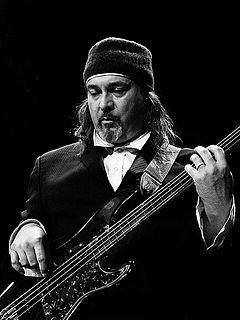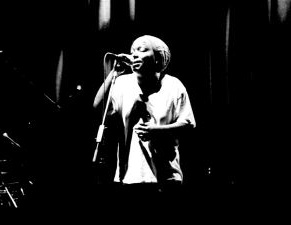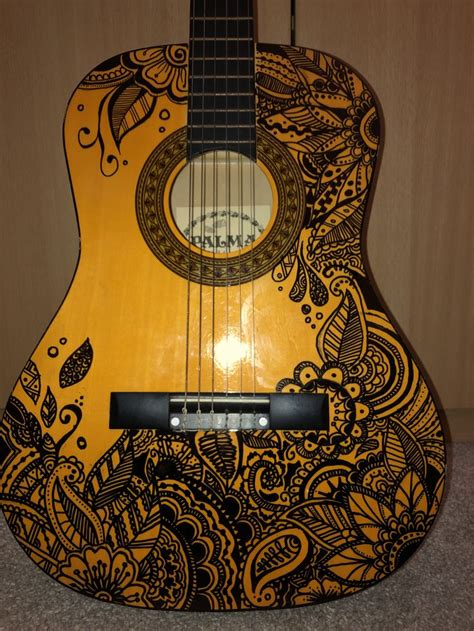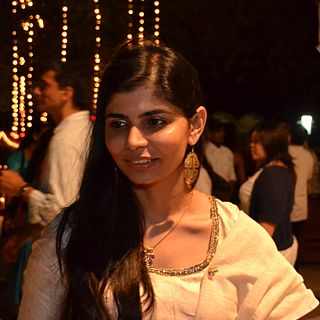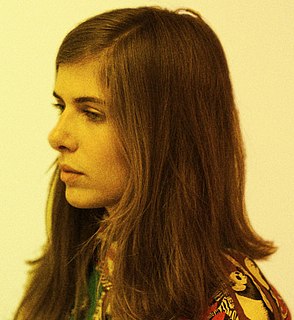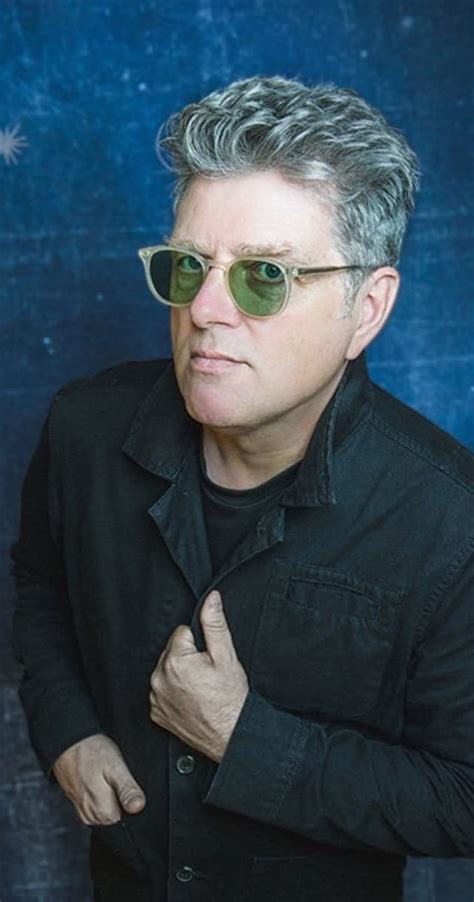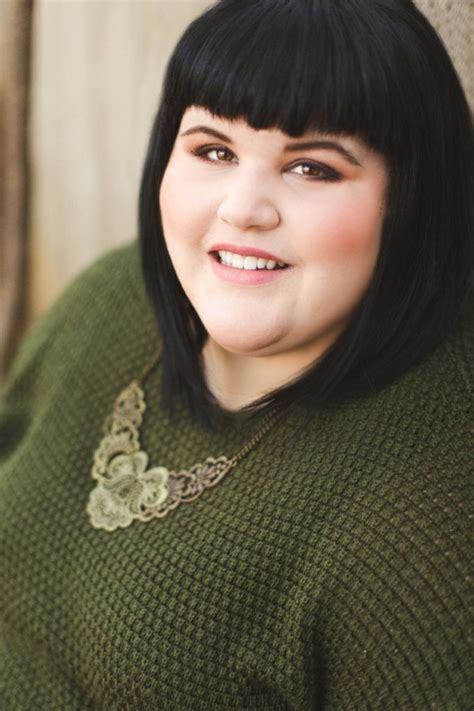A Quote by Kode9
Basically, there were three aspects of dub that influenced dubstep. The most important was playing the instrumental versions of vocal garage tracks, which was a little like what dub was to reggae - the instrumental of a full vocal.The second was dub as a methodology, which, for me, is apparent in all dance music: manipulating sound to create impossible sonic spaces using reverb, echo and such. The third is the influence of the genre called dub. (It became a cliché actually, through sampling old Jamaican films and soundtracks, and adding vocal samples.)
Quote Topics
Actually
Adding
Apparent
Aspects
Basically
Became
Create
Dance
Dance Music
Dub
Dubstep
Echo
Films
Full
Garage
Genre
Important
Impossible
Influence
Influenced
Instrumental
Like
Little
Me
Methodology
Most
Music
Old
Playing
Reggae
Samples
Sampling
Second
Sonic
Sound
Soundtracks
Spaces
The Most Important
Third
Three
Through
Tracks
Using
Versions
Vocal
Were
Which
Related Quotes
Vocals are not central to what I do, and I've never liked singing live. I've always been more inspired by rhythm, texture, harmony than vocal melodies and lyrics. Plus, for me, I can better express my musical ideas through instrumental music than vocal music, the emotional interpretation of which can easily supersede the actual musical content or aim.
Twelve years ago me and Allanah became really sick of writing pop songs, ... Eventually we dug a grave for the Thompson Twins, pushed them in there, and then moved to New Zealand. Before that I'd lived for a long time in south London where reggae was the music of the streets around me. You'd hear it booming out of people's windows and shops, and you could buy great old reggae singles for 50p (NZ1.30) in second hand shops. I'd always loved that sound, so soon after we got here I started making electronic dub records with my mate Rakai Karaitiana as International Observer.
It is agreed that all sound which is the material of music is of three sorts. First is harmonica, which consists of vocal music; second is organica, which is formed from the breath; third is rhythmica, which receives its numbers from the beat of the fingers. For sound is produced either by the voice, coming through the throat; or by the breath, coming through the trumpet or tibia, for example; or by touch, as in the case of the cithara or anything else that gives a tuneful sound on being struck.

